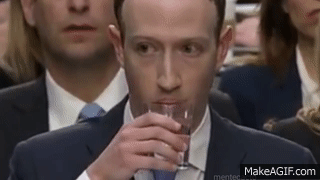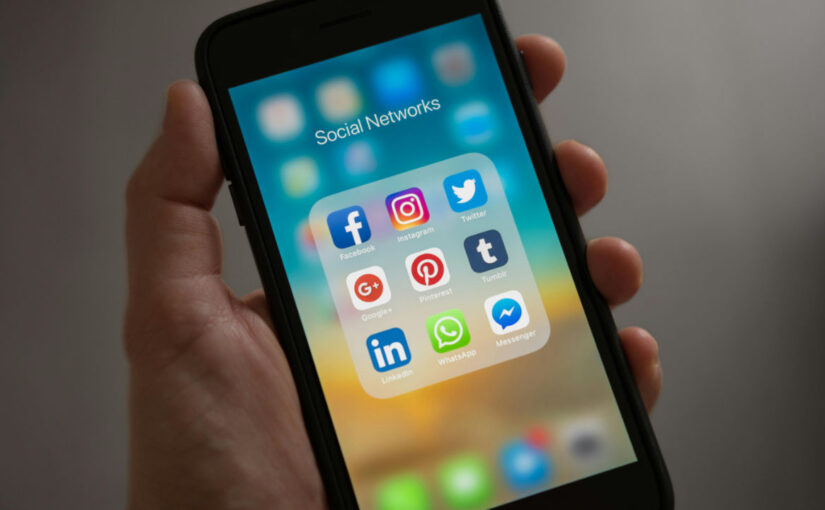The first social media platform that I ever used was called “SchülerVZ”. It was invented by two Berlin IT students who were inspired by Facebook.
It was an easy-to-use, simple platform and it was fun, because all your classmates were on it, and for the first time you were able to connect with a large pool of people outside your own friend group.
For a year or so, it was a great experience because pretty much the entire school you were going to was connected on SchülerVZ.
But then Facebook became more popular in Germany, and people started to leave. SchülerVZ felt simple and intimate, Facebook did not feel like that at all. There were a lot more people on it, and the focus was less on your friend group and more on connecting everyone to everybody.
I enjoyed the simplicity of SchülerVZ, and I felt that Facebook, with its pre-filled profile boxes, was a big downgrade of the user experience. But because everybody was using it, I didn’t have much choice. I stayed on Facebook to not miss out, but I never developed the same excitement for being active on it that I had when I was using SchülerVZ.
Because of fading user numbers, in 2013 SchülerVZ was closed down for good, and Facebook proceeded to become the biggest social media platform worldwide.
There was something about SchülerVZ that made it better than Facebook. I couldn’t explain it back then, but I think I can do it now:
The idea of social media platforms (or social networking sites, as they were originally called) was to connect people to each other and foster human relationships through a digital network.
It is the digital version of meeting and interacting with other human beings. But the pioneers (programmers and coders) who built these social platforms are not exactly the most social creatures on this planet.
They understand a lot about code and logic but not that much about the many nuances of human relationships. And that is why Facebook feels cold and unaccommodating for any person that just wants to have an authentic interaction with another human being.
Since the early days of Facebook, there has been this obsession with data collection. The idea is that if we could just get enough data on user behaviour, we could finally predict human behaviour. It is exactly what a nerdy 19-year-old programmer without social skills would be obsessed with.

Human behaviour is easily influenced, but it is almost impossible to predict. There are just too many variables and nuances to program into a computer model.
That did not stop tech CEOs in the early 2000s from trying anyway.
And the result of that we can see on pretty much any social and tech platform in existence today.
The one seemingly irrational equation in a programmer’s mind is the user, and to “fix” the user’s mistakes, the programmer will continue building his software around the user and nudge him until he falls into the desired path.
The user experience on modern social media platforms is not just bad—it is almost non-existent anymore. Facebook is even introducing AI avatars that are supposed to replace the user altogether.
Instead of humans shaping the user experience of tech, tech has shaped the behaviour of users.
I have an account on almost every social media platform that exists today. They all feel the same, they all look the same, and I can’t find any appeal in any one of them anymore.
But it did not used to be this way. This is not what progress looks like—this is what deterioration looks like.
I think we are on the wrong path right now. We made a mistake around 2010.
We took the wrong exit on the road to building the internet, and I think we need to go back and correct our error.
